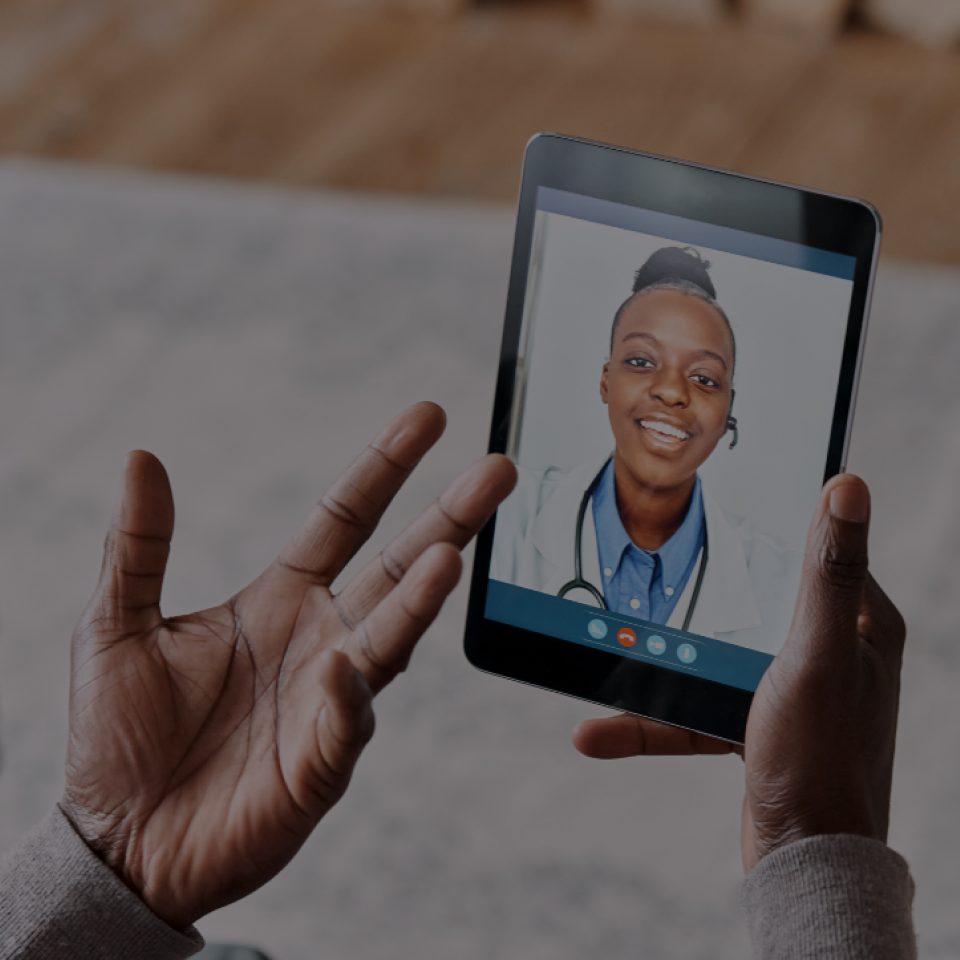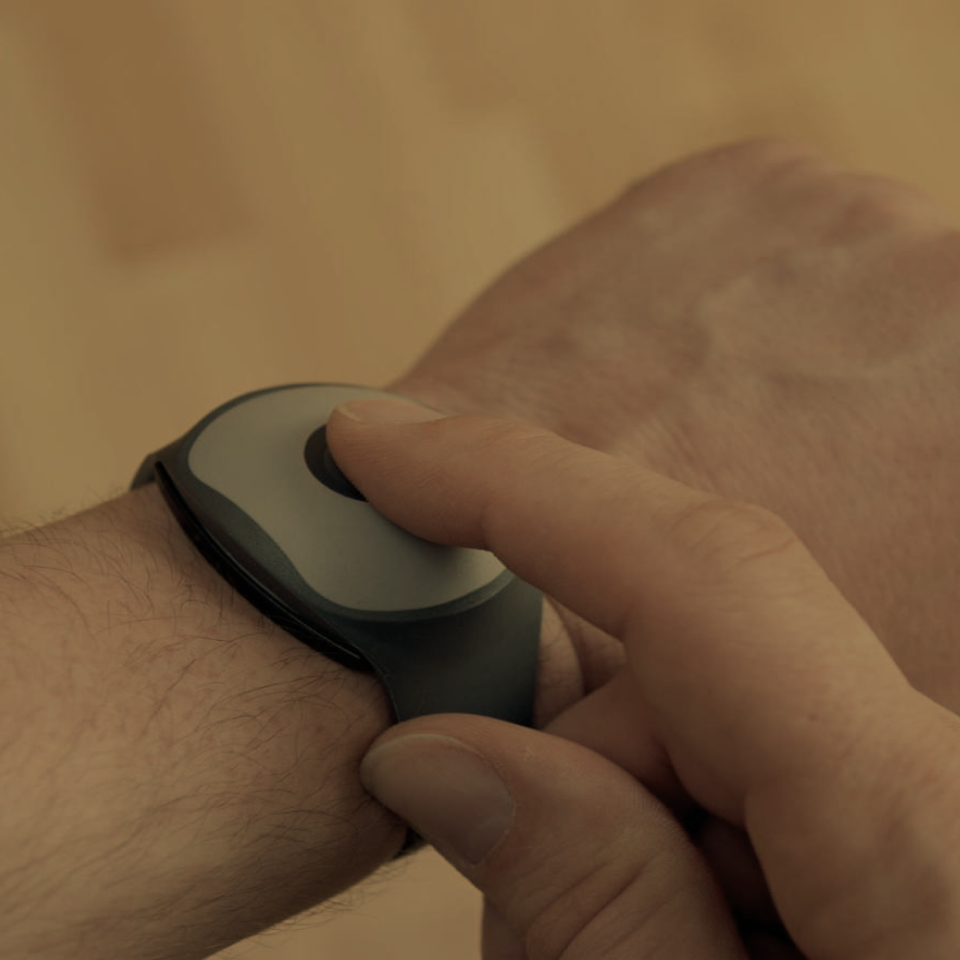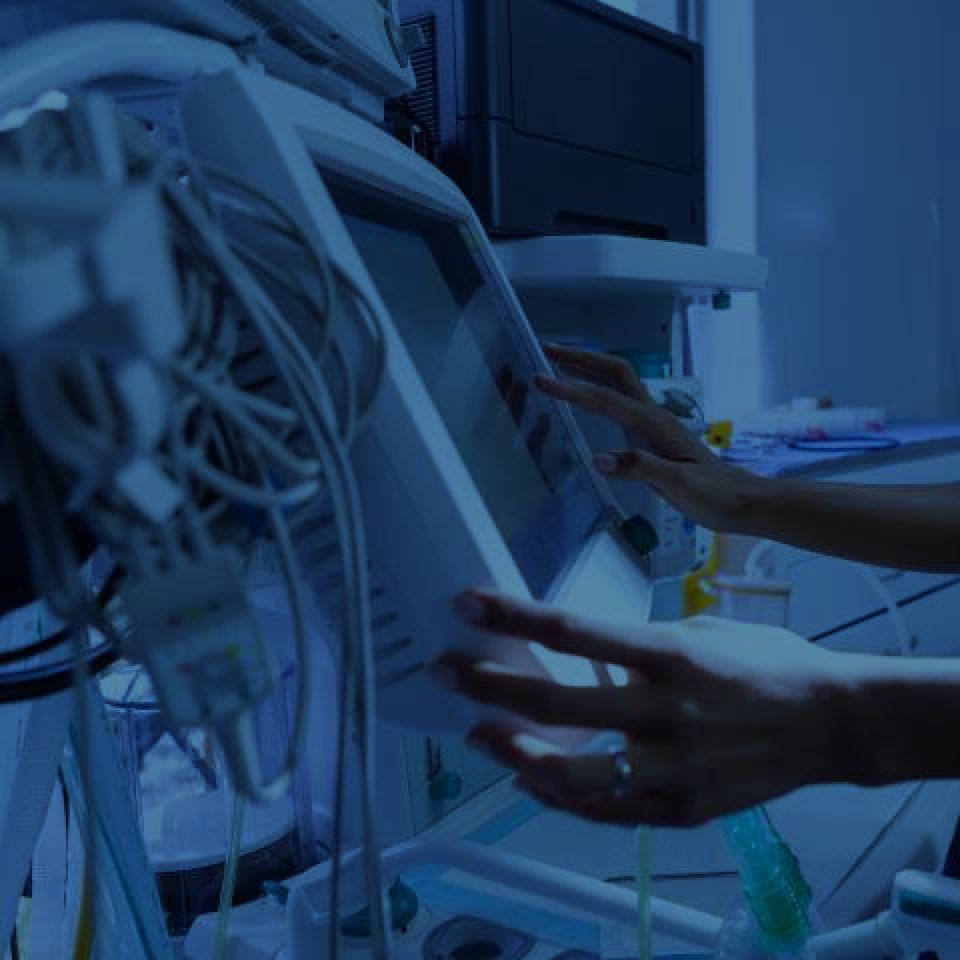
Blog
10 Examples of Artificial Intelligence in Healthcare
In recent years, AI has become one of the most exciting technologies in many fields, and healthcare is no exception. It can quickly and accurately go through large amounts of data, be it information or images, and act as an essential support in the diagnostic process. But the application of this technology doesn’t end there, and, odds are, we are only going to become more creative with its usage in the future. We’ll take a closer look at some of the use cases of artificial intelligence in healthcare.
Telehealth Statistics You Need to Know
Instead of sitting and biting your nails in the waiting room and driving long distances to meet your healthcare professional, an alternative presents itself as remote care. You and your doctor don’t need to be in the same room for you to receive your diagnosis. By using technology, we can close this imaginary gap, and doctors can deliver care while you sit at home and drink your coffee. But the benefits of telehealth are far and wide, so we will inspect some of the telehealth stats everyone should know.
Mental Health Apps: Challenges and Benefits
When COVID-19 erupted and disrupted our traditional modus operandi, preventing us from going to the movies and restaurants - it also prevented us from receiving necessary care. Patients across the globe had to turn to digital solutions to access remote healthcare, regardless of what condition they were combatting. The added stress required a modern solution, and we developed new, digital methods of receiving care, physical or mental.
Fitness App Challenges and Benefits
New Year, new me is the famous slogan surrounding every New Year’s Eve. It is as iconic as the ball drop on Times Square or the Rockefeller Christmas Tree. Like the ball and the tree, the slogan tends to fade in the minds of the new and enthusiastic gym frequenters relatively quickly. They can seek refuge in online applications for fitness and working out, but sadly, the use of said apps also declines after a while. Therefore, to successfully utilize and reach goals with fitness apps, users must be aware of the benefits and common pitfalls surrounding these applications.
EHR System: Challenges and Benefits
The complex data sets and large amounts of data in healthcare resulted in the need for interoperability and seamless communication between multiple organizations’ systems. Storing and sharing protected health information was regulated by legislation such as the ONC's Cures Act Final Rule. Failing to comply with the standards of data storage and sharing could result in various penalties. However, we can reap numerous benefits once we overcome the challenges of implementing electronic health records software.
EHR Adoption
It’s no secret that electronic health records have become the staple of digital healthcare due to all the benefits that arise from the implementation of said technology. While the adoption has been on the rise and most medical institutions in the United States have implemented some form of this technology, we still have a long way to go regarding the successful implementation and utilization of electronic health records software, due to implementation challenges regarding burnout, cost, or other factors.
Behavioral Health App vs. Mental Health App: What’s the Difference?
It is common to group mental and behavioral health together and use these terms interchangeably. While the two are intricately connected, subtle differences can give us a better understanding of how to maximize the benefits and effectiveness of each. To that end, we need to make a distinction between mental health and what constitutes behavioral health and understand the consequences that arise from treating one and the other. To that end, we also have differences in what constitutes a behavioral health app and a mental health app.
Medical Alert Systems: Challenges, Benefits, Statistics
Remote patient monitoring is one of the staples of digital health. This technology allows clinicians to monitor patients from afar, eliminates geographical limitations of healthcare delivery, and improves clinical outcomes. But the most vulnerable groups of people require the next step of this technology: immediate reaction. That is why medical alert systems are a valuable tool in protecting the lives of our elderly.
IoT Medical Devices: Challenges and Benefits
Integrating Internet of Things (IoT) technology with medical devices has opened up new possibilities in the healthcare industry. IoT medical devices encompass a wide range of interconnected devices from bedside medical equipment to wearable healthcare technology. These devices have the potential to revolutionize healthcare by enabling real-time data collection, analysis, and personalized care. However, with the numerous advantages this technology offers, it is essential to consider the challenges and roadblocks that stand in the way of complete healthcare integration.
Amazon Clinic and DTC Healthcare
The tech giant known as Amazon already stepped into all the industries we can think of. What separates it from the competition is the ease of use - after a couple of clicks, you can get whatever you need delivered to your doorstep. But what about healthcare? That’s when Amazon Clinic ensures that healthcare services are as easy to deliver as your favorite book.
The Beginning of the Next Age in Enterprise Healthcare Software
The future of healthcare will be dedicated to a straightforward and yet complex concept—using technology to create a 360-degree view of the patient journey. Electronic Health Records (EHRs) were a start toward this goal, but as healthcare technology has progressed, stakeholders across the board have realized that there is amazing potential in leveraging multiple types of software to paint a more complete picture of the patient experience. This includes elements like medication adherence and access, blood pressure and stress management, exercise, and even addressing social determinants, such as education access and economic stability. Capturing such a broad experience requires software that reaches beyond the health record.
Seven Key Features Of Remote Patient Monitoring Services
As technology advances, the healthcare industry is also facing numerous changes, many of them good ones. From telehealth consultations to remote patient monitoring (RPM) services, you may wish to offer a broader range of services to serve more patients. RPM is all about moving healthcare monitoring out of your practice's traditional, physical setting, allowing patients to access the services they require from where they live, work and play.
Telehealth and Medication Adherence
With the rise of new technologies and healthcare software, patients have greater access to care. Telehealth and mHealth, defined as the delivery of healthcare services through technology, allow patients to access their health records electronically and communicate better with their providers. Telemedicine proved that it is here to stay in the post-COVID world, given the benefits it brought to managing chronic conditions or mental illnesses and overall improvement of clinical workflow. Now, telemedicine might be a solution for yet another healthcare problem: medication compliance or adherence.
FHIR Compliance and ONC Certification Updates
In today’s rapidly advancing healthcare landscape, achieving interoperability and seamless data exchange is crucial. FHIR has emerged as a powerful standard for healthcare data exchange. FHIR testing plays a pivotal role in ensuring compliance with this standard. By conducting thorough FHIR tests, medical organizations can demonstrate their adherence to interoperability requirements, earning them the prestigious ONC certification. But what does FHIR compliance mean in a practical sense?
Hospital Information System: Challenges and Benefits
Effectively developing and implementing this technology means improving healthcare delivery and clinical outcomes, but these benefits are not without their challenges. We will take a closer look at some of the challenges and benefits of a hospital information system.
Health Information Exchange and Improved Care Delivery
We live in a digital age, yet some of our health-related data is still stored in paper format. Despite our abundant online presence, medical institutions still store data in paper format, making sharing and analyzing data harder than it needs to be today. Enter health information exchange, a way to securely and digitally store and share patient data. Both patients and providers stand to benefit significantly from the implementation of digital technologies in healthcare if we can bypass the challenges of digital health exchange.
Precision Medicine: Challenges and Benefits
Precision medicine is a groundbreaking approach to healthcare that tailors medical treatment to an individual’s unique characteristics, including their genetic makeup, lifestyle, and environmental factors. This emerging field holds great promise for revolutionizing healthcare and improving patient outcomes. However, it also faces several challenges that need to be addressed for its successful implementation and widespread adoption.
The Cost of Telehealth
Despite the ongoing turbulence in the industry, the main goal of digital health is to make healthcare more accessible to everyone and ensure seamless healthcare delivery to those who need it most. With that in mind, we decided to look at the cost of telehealth and how digital healthcare reduces healthcare expenses for patients and providers.
Clinical Information Systems and Their Role in Healthcare
The healthcare industry relies on big data, AI, and other digital health technologies to improve clinical outcomes and streamline efficiency. From staple technologies such as electronic health records or wearable medical devices to clinical decision support systems, health tech has revolutionized healthcare delivery as we know it. However, digital health solutions come with their own challenges, such as those related to the high costs of implementation or maintenance. Still, the benefits that arise from healthcare technology like clinical information systems make it a worthwhile investment.
Digital Transformation in Healthcare
Leveraging digital assets to improve service delivery has become necessary in the contemporary world. Technology allows us to offer better, faster, and more precise delivery in any industry and the healthcare sector is no exception. Telehealth, or digital healthcare, provides many benefits to both users and providers and technology has found numerous applications that speed up and reduce healthcare delivery costs. Digital transformation in healthcare will improve the lives of patients, providers, and third parties, improving life and health overall in a significant way.




















